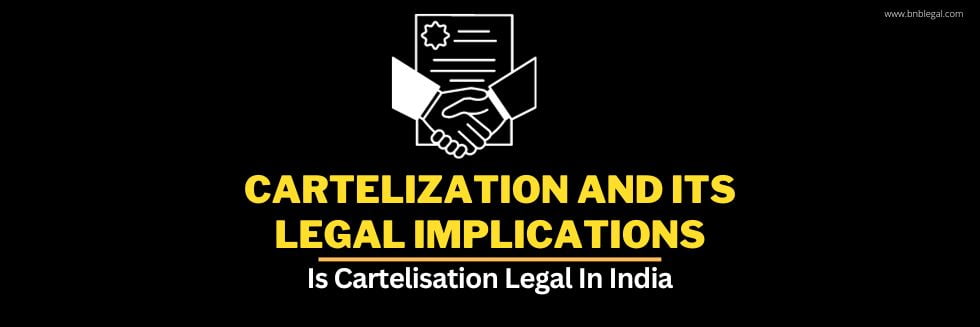Insurance, like any other contract, is an agreement enforceable by law. In any insurance contract in India, two parties, typically the insurer and the insured, bind one another to a set of promises. Wherein, in expressed terms, the insurer promises to indemnify the insured in an event of a loss. On the other hand, the insured agrees to pay a premium for his protection from the liability of loss. However, in order for a contract to be valid and enforceable, it must have a certain set of fundamental elements. Let’s discuss all the fundamental elements of an Insurance Contract in India:
1. A definite offer and a definite acceptance:
For a legally enforceable contract, it is mandatory that a definite and unqualified offer is made by the first party and its exact terms are accepted by the other.
What is a valid offer?
Most of the insurance contract offers are made by the marketing teams of the company and various methods are deployed these days to make an offer. It can be through direct advertisement over TV, News, Media, mail, email, and Internet or through door-to-door and other commercial campaigns conducted by marketing representatives.
As a consumer, it is wise to ask the insurance seller to put the offer in black and white and include everything that is being verbally promised. Especially the part which sounded most attractive. If the insurance seller tries to avoid by smooth talking, or, tries to skip this part as ‘irrelevant’, quoting that ‘you’ll get the complete policy document after filling up the application and submitting the payment, save yourself from the deal! (No matter how innocent the seller looks).
Besides, call for a receipt while submitting the payment and have the insurance seller to sign the written offer along with the receipt.
What is a Valid Acceptance?
Upon receiving the payment, the insurer confirms their offer by issuing a complete policy document which is a mark of acceptance. At this stage, the insurer may counteroffer giving a choice to the applicant to reject or accept the altered terms.
Can there be legally enforceable Insurance contracts without initial premium?
Yes. The offering and accepting roles between the insurer and the insured can also be interchanged. The insurer may directly offer a policy subject to the acceptance of the insured by a payment of the premium as planned.
2. Valid Consideration
For an insurance contract to be legally valid, there must be an exchange of value. Which is to say that both the parties must have something to gain out of the contract.
Submission of the application along with the payment of premium to the insurer creates a legally binding contract, provided that the underwriting process is conducted on the application.
3. Legally valid Intent
Insurance is not a gamble. It is not a contract of profit, but, of indemnity against a loss. A legal purpose has to be the subject of the insurance, otherwise, the contract won’t be legally enforceable.
4. Competent Parties
The parties to an insurance contract (individuals, groups, or businesses) must be legally capable to enter into a contract. In order to conduct insurance business, the insurer has to obtain licenses and approvals from the government regulatory authorities established in this regard.
If any of the contracting parties are not capable to contract, the insurance becomes voidable by the incompetent party.
5. Legal Form
Insurance contracts must be in compliance with the laws and the regulations. Eg: the government can mandate a written insurance contract.
Why the government regulates the insurance industry so strongly?
There are four prime reasons.
- To make insurance affordable by creating an environment for healthy competition.
- To make insurance available as a commodity of need.
- To protect against frauds by the insurer.
- To create dependability by keeping insurer’s solvency in check.
CONCLUSION:
Keep in mind the above discussed fundamental elements of an Insurance contract in India to avoid future disputes and litigation which can cost a great deal of time and energy.









